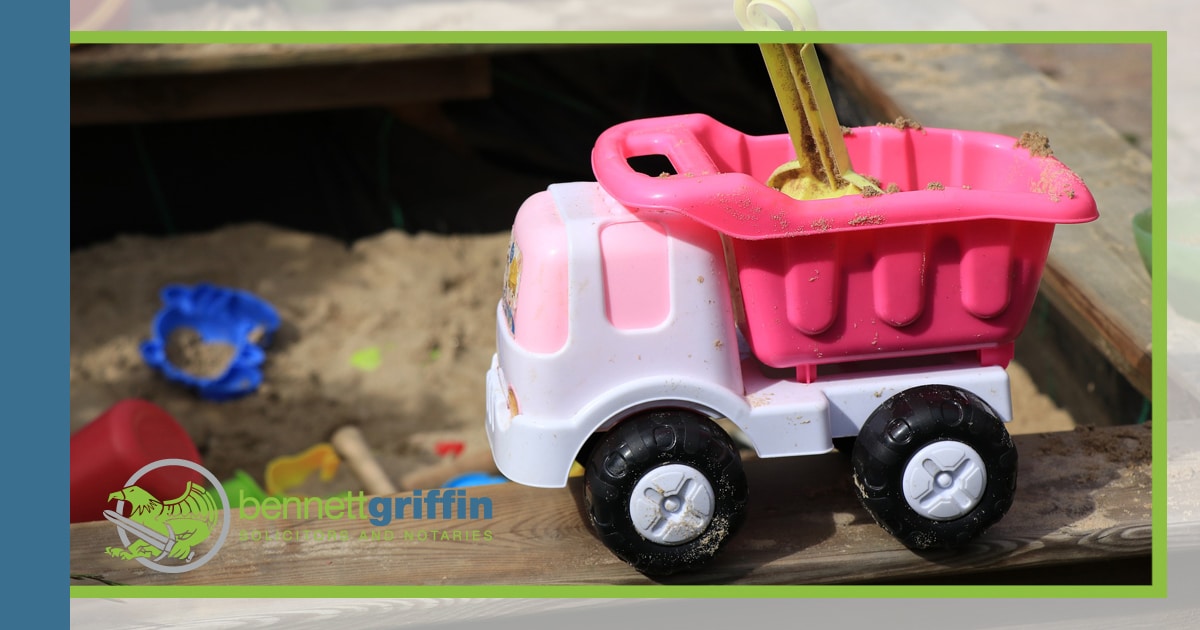Child Maintenance – What am I entitled to?

When couples separate, often one of the most pressing issues to be addressed is the support that should be paid by one parent to the other to help to meet the needs of any children.
The amount of ‘child maintenance’ that must be paid depends upon how much time the child spends with each parent, the income of the parent with whom the child spends the least time and whether the paying parent has any other children from whom they are financially responsible.
Where the child spends an equal amount of time with each parent, neither will be required to pay any child maintenance to the other.
Usually, the amount of child maintenance will not be determined by the court within divorce proceedings but will be assessed by the Child Maintenance Service.
In general, the court can only make an order for child maintenance where that maintenance has been agreed between the parties.
Where an agreement cannot be reached, the jurisdiction will fall to the Child Maintenance Service, who will carry out a formulaic assessment to determine the amount of the payment that should be made.
It is often assumed that the income of both parents will affect the amount of maintenance that will need to be paid.
However, with the formulaic approach of the Child Maintenance Service, it is only the income of the paying party that is taken into account, and it may be that the paying parent, in fact, has a lower income.
The level of child maintenance can be reviewed, and if there is a change in the payer’s circumstances, it is likely that there will then be a change in the level of payment that is to be made.
If parents are able to reach an agreement between the two of them, there is no need for the Child Maintenance Service to become involved.
An online calculation can be completed by the parents, and this is often enough to enable an agreement to be reached at any early stage about the level of maintenance to be paid.
That agreement can then be recorded in any financial order that is made by the court by virtue of the fact that an agreement has been reached, although it should be noted that the jurisdiction to assess and enforce maintenance will return to the Child Maintenance Service once twelve months have passed after the making of a financial order.
Although the Child Maintenance Service applies a formula to calculate child maintenance, where the paying parent earns in excess of £156,000 gross per annum, the court does have the ability to award additional payments of child maintenance to be made.
Rather than applying a formula in the same way as the Child Maintenance Service, the court will consider a range of factors, including the needs of the child, in determining what should be paid.
The court also has a limited power to order the following payments to ensure that the needs of a child are met;
- School fees and educational expenses – If the parties cannot agree whether the child should remain at a fee paying school, the court will have to make a decision based upon the affordability and the needs of the child;
- Expenses arising from a child’s disability;
- Financial support for children 20 and over if they are in full-time education;
- Lump sum payments to meet the specific needs of a child;
- Provision for housing, where money would remain the possession of the payee and be returned to them upon certain triggering events; and
- Top-up child support
If you would like to discuss child maintenance or any other issues upon separation, please feel free to contact Sarah or Jackie on 01903 229999.
Should any financial planning advice be sought, options are available.
